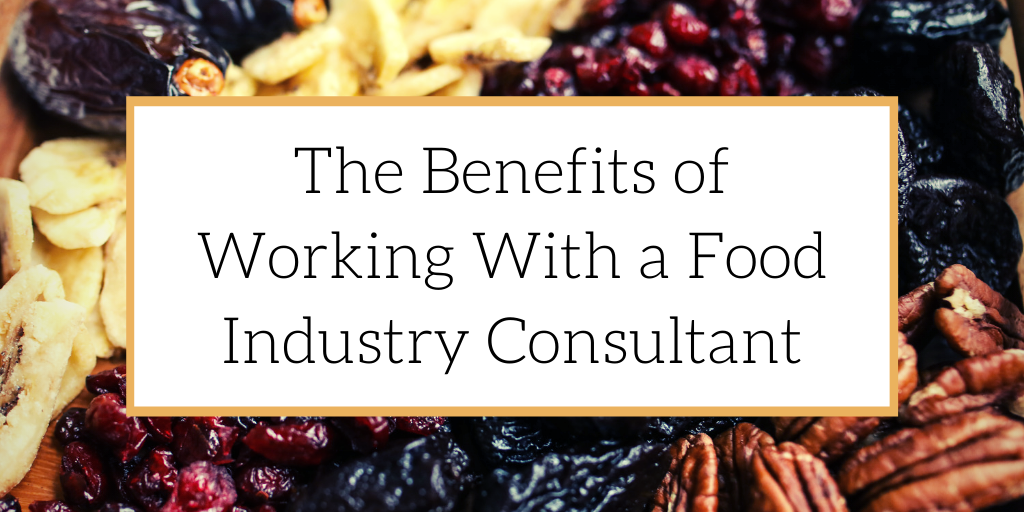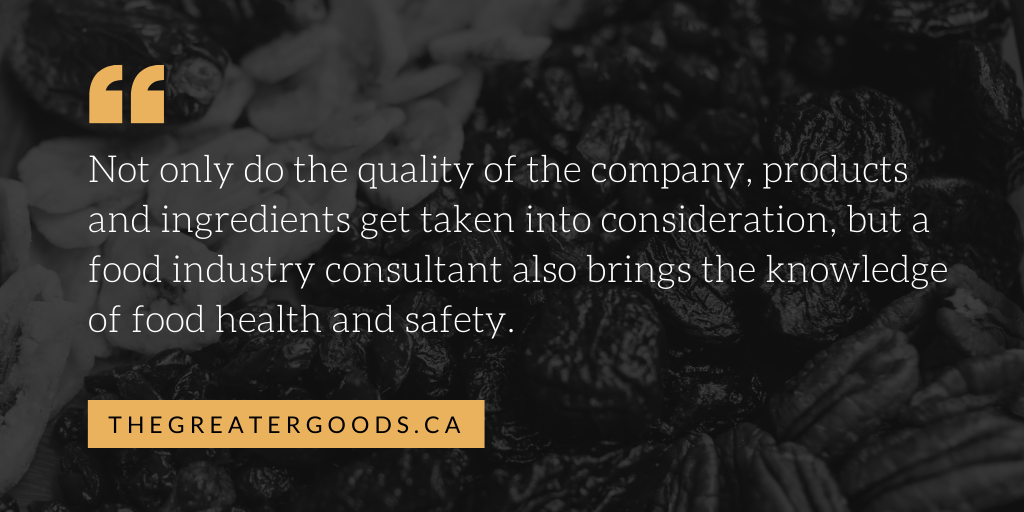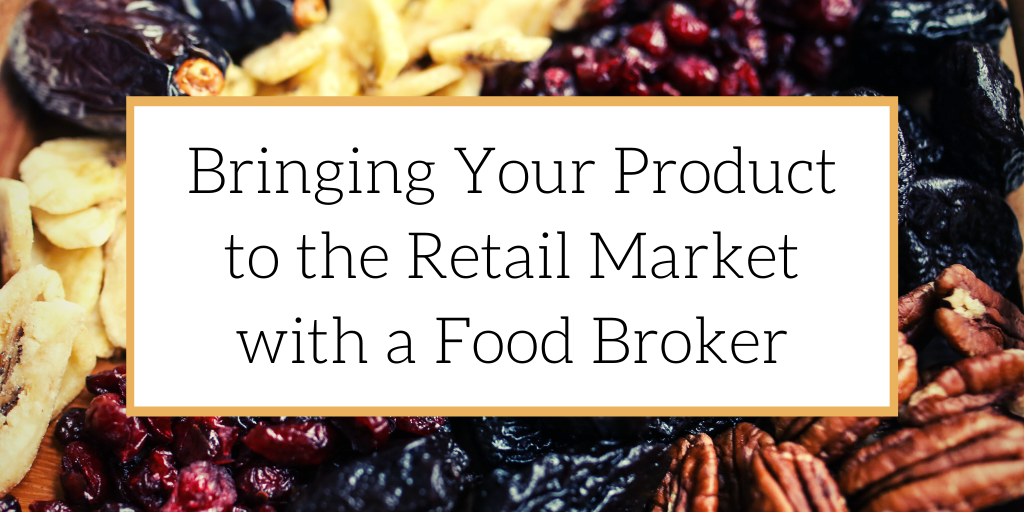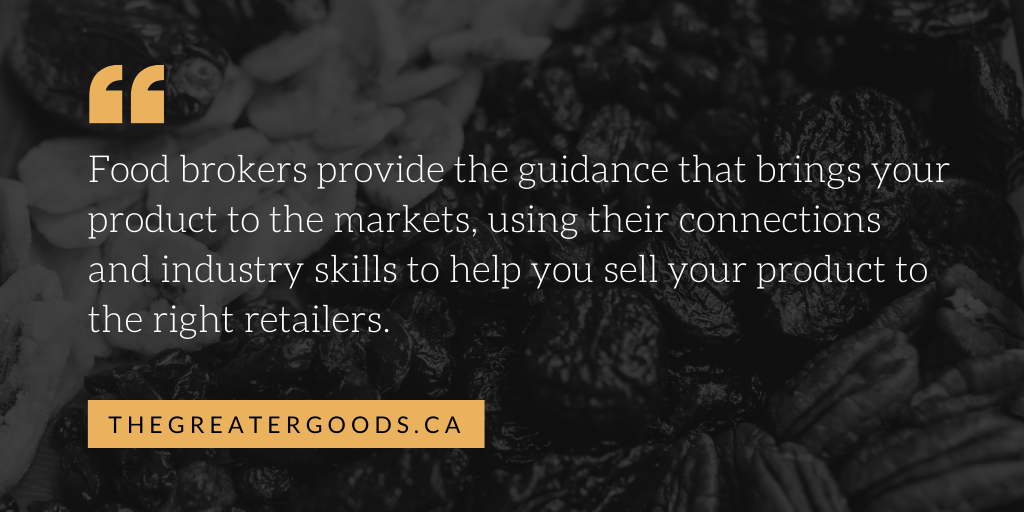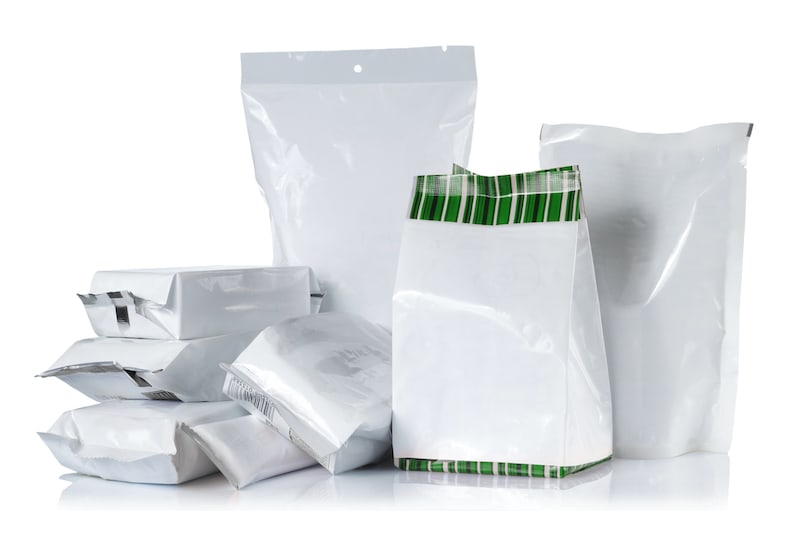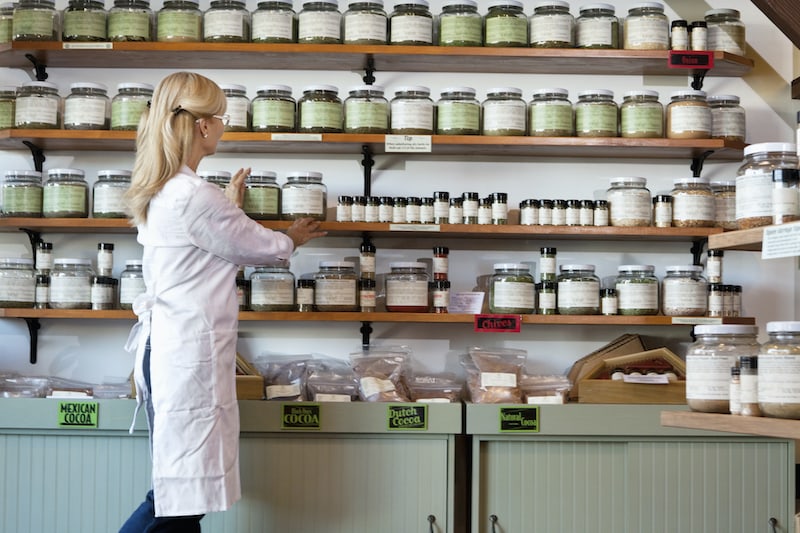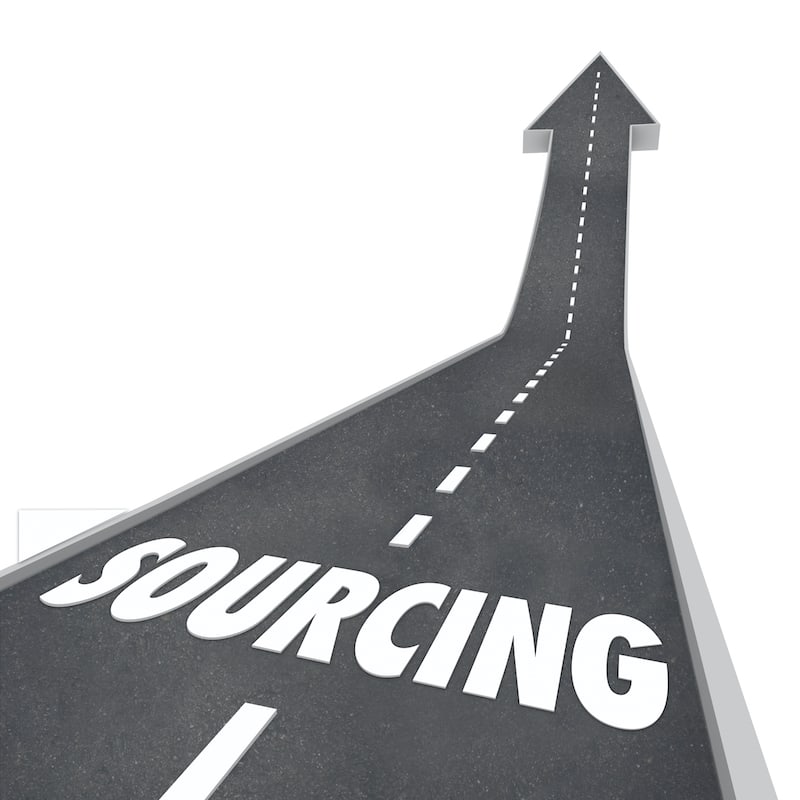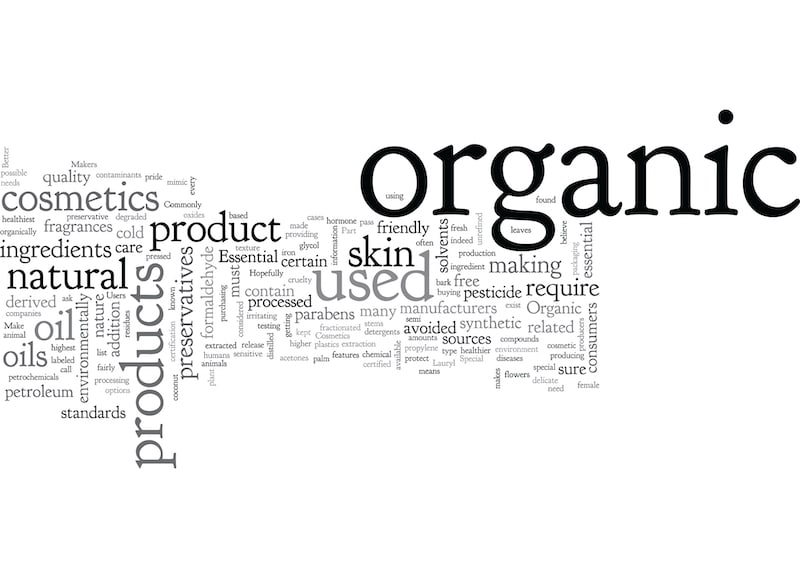The food business consulting field is an exciting one, bringing ingredient manufacturers and producers together to create delicious meals. Here is everything you ever wanted to know about a food business consultant.
What exactly is a food business consultant?
As food business consultants, we work with businesses to help them build their perfect food products. We help them track down the ingredients they need so that they meet their quality goals while still controlling their packaging and production costs.
Our consulting services can help businesses take their production to the next level in other ways, too. Thanks to our extensive network of ingredient distributors and connections throughout the industry, we also help brands uncover co-manufacturing opportunities, leverage better buying prices through group buying, and even helping to diversify the broker base to increase brand exposure.
By helping our clients meet challenges in their food production, we position them to increase their profit margins and share their love of food and their delicious products with their entire market base.
Why would I need to hire a food business consultant?
As food business consultants, we help our clients take the delicious products they already produce and share them with the world. You already have some fantastic ideas for your food business. Clients turn to a food consultant, however, when they realize that they would like some help improving their production costs and building their profits.
Food consultants work behind the scenes. We have built extensive networks of other food producers and ingredient manufacturers. We get you the ingredients you need to succeed, connect you with other businesses to reduce purchasing costs, find ingredients you want at prices you love, and can even offer advice when it comes to food production and safety.
Customers hire us when they face problems such as:
- They can’t get the ingredients they need to make that dish perfect.
- Their dish is good, but it is just not hitting the right quality or texture that they want.
- They need ingredients that hold certain types of certifications but just can’t find what they need.
- They are struggling to find an ingredient supplier that is both reasonable in price and completely reliable.
How do food consultants accomplish all of these different goals?
We are able to help our customers because we have built networks that connect us around the world. The average food producer cannot be expected to be able to source ingredients on a global scale, which is why they turn to us. We also have been in the business for years, which has allowed us to build excellent relationships throughout the industry and given us the experience we need to know exactly how to find what we seek.
Together, these traits allow us to help our clients reach their goals and build their businesses.
How is the food industry changing?
The food industry continues to change as wholesalers consolidate and group procurement organizations dominate in certain sectors.
We are also seeing changes as the in-between grocers and restaurants get more blurred, with grocers offering more opportunities to eat in-house. These changes might influence how customers eat, but we are sure to be right in the middle, helping our clients navigate the changes with success.
Food business consulting is an exciting industry and we enjoy helping each of our clients thrive in the production of their delicious meals.


